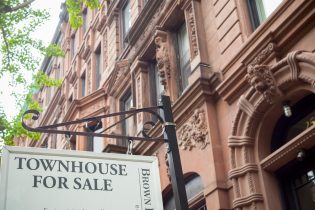Maintenance Fees vs Common Charges vs Real Estate Taxes: Understanding NYC Monthly Carrying Costs for Home Ownership
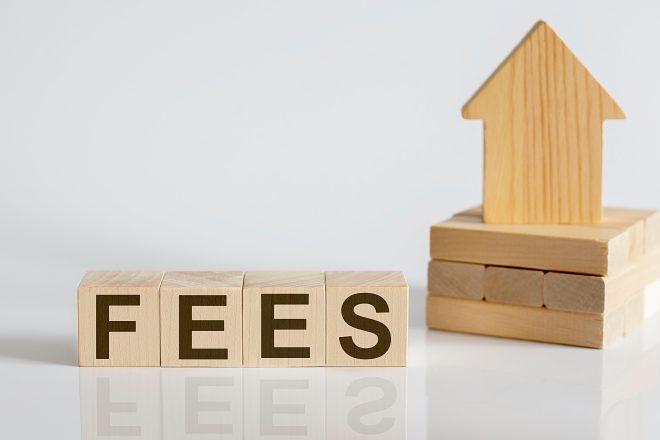
Table of Contents
Monthly Bills for NYC Homeowners

Once you buy a home, the bills don’t stop with just your mortgage. Maintenance fees, common charges, and real estate taxes can really add to the monthly expenses that come with owning a home in NYC. On this page, we will walk you through the different types of monthly carrying costs you can expect, as well as giving you tips on how to manage your home search keeping these costs in mind.
Maintenance Fees

If you live in a co-op, maintenance fees are monthly charges that are decided by the board of your building. They are used to upkeep the common areas like hallways and lobbies, as well as to maintain any amenities like gyms, in-building laundry, etc.
How Much are Maintenance Fees in NYC?
The amount of your maintenance fees will depend largely on the policies of your buildings and the amenities you enjoy. The more amenities, the higher your fees will likely be. Another factor that determines your maintenance fees is the number of shares you own in the co-op.
If you are just researching monthly carrying costs right now–and have not purchased a co-op yet–you might be confused by the last sentence. You see, when you buy a co-op, you are not purchasing the apartment itself. Instead, you are buying shares in the corporation of the building. These shares allow you to sign a proprietary lease that gives you the right to live in your co-op unit.
The number of shares you own corresponds with the square footage of your apartment, as well as its desirability within the building. For example, do you have the best views, the most windows, etc.? Then that is reflected in the price of your unit and the amount of shares you had to buy.
The maintenance fees you pay in your co-op will likely correspond with the number of shares you own. So when you start browsing co-op listings, be sure to consider the size and quality of the apartment as well as the number and types of amenities when estimating potential monthly maintenance fees.
What is Included in Co-op Maintenance Fees?
Co-ops often include maintenance fees and real estate taxes in one monthly co-op fee bill. Some even include utilities like hot water and electricity on this same bill. You can also expect co-op fees to include service fees like doormen’s salaries and payments for the building’s insurance.
What if Your Maintenance Fees are Too High?
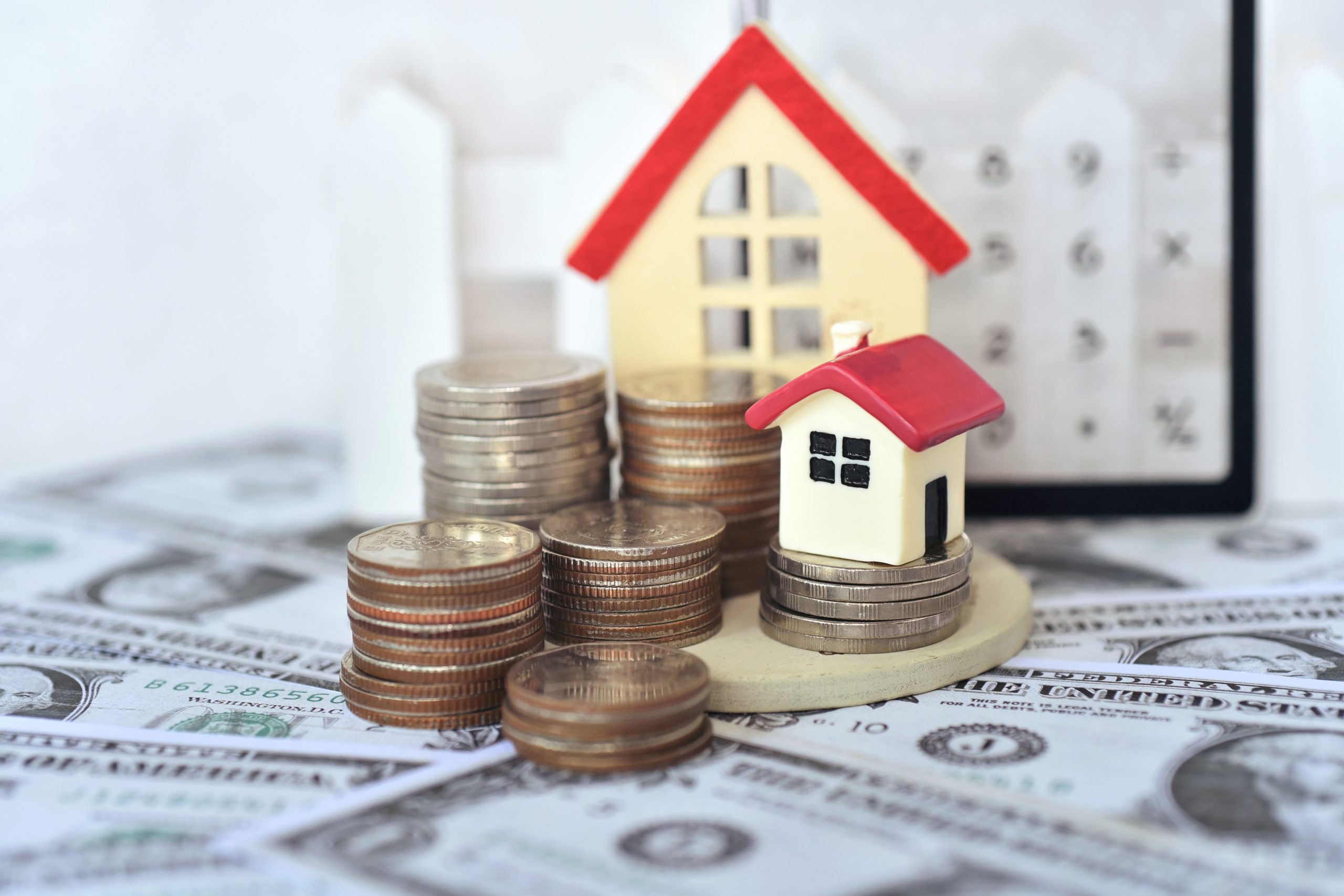
If you feel you are being charged more than your fair share, bring your concerns to the co-op board. Fees can be changed (and are often raised due to inflation) at the annual shareholder meeting. Here, co-op members vote on all sorts of things, from adding more amenities to giving building staff a raise.
These changes can all impact the cost of monthly fees. If you feel the building’s expenses (and by extension your fees) are too high, you can even run for a board seat to try to make a change. However, if the very thought of a co-op board stresses you out, you may want to look into buying a condo instead.
Common Charges
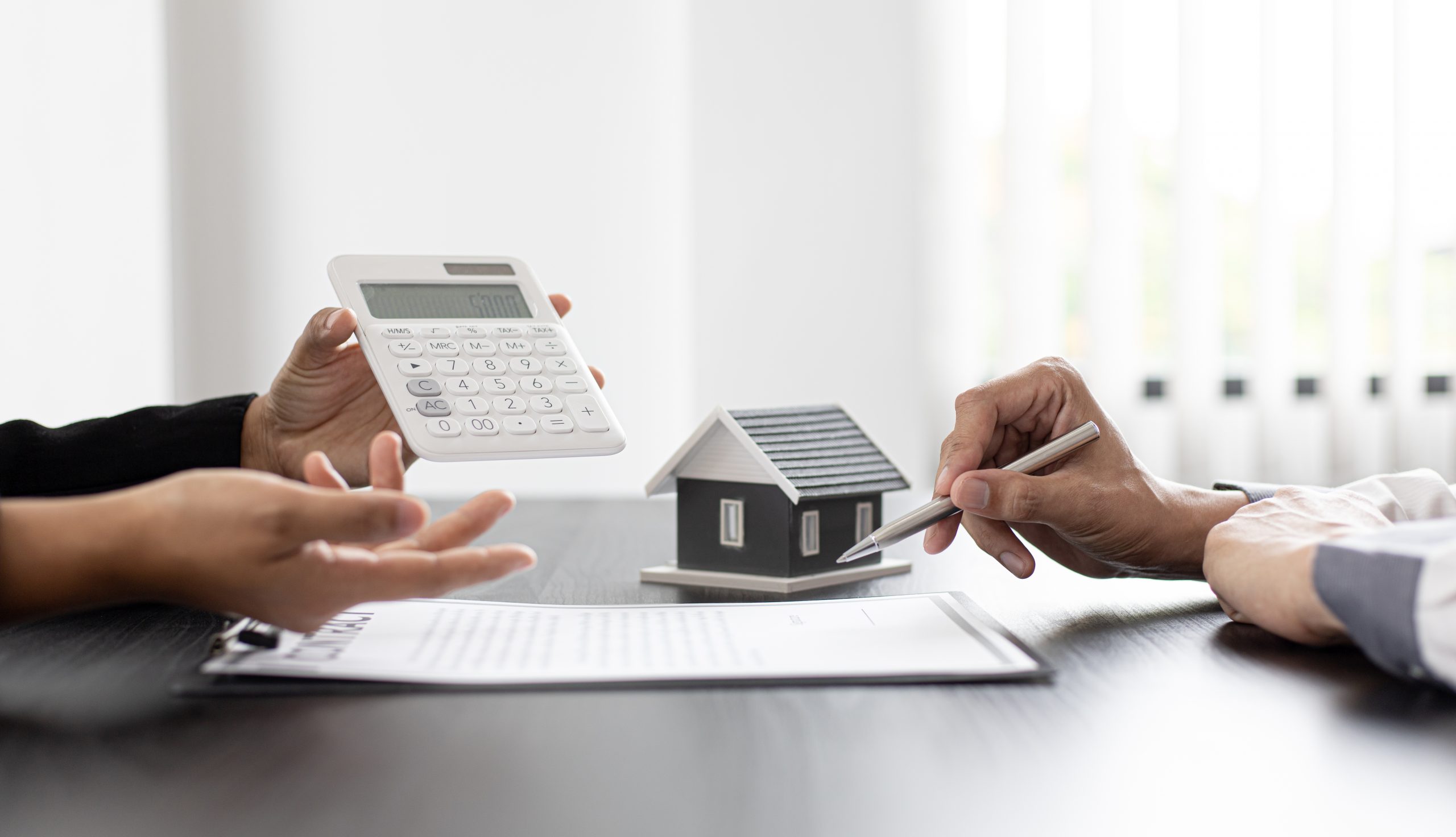
Common charges are very similar to maintenance fees. The main difference is that common charges refer to the monthly upkeep costs in condominium buildings instead of in co-ops.
How Much are Common Charges in NYC?
Once again, the more amenities and services you have in your condo, the more your common charges will be. However, these fees will not be dependent on a co-op board’s decisions. Instead, they will correspond simply with the size and value of your apartment, as well as the amenities in your building.
What is Included in Condo Common Charges?
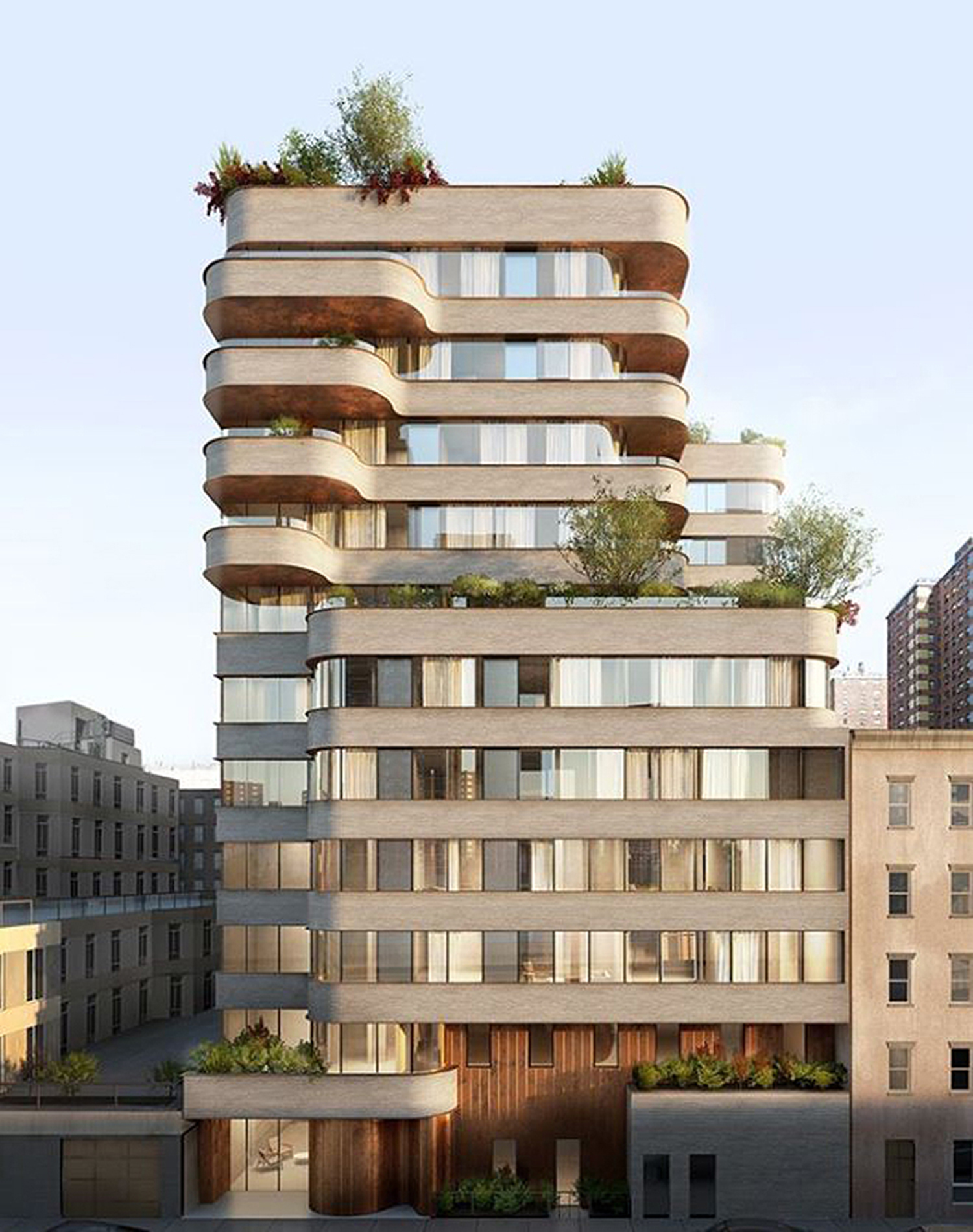
You can expect building maintenance fees as well as service fees to be included in your condo common charges. This includes things like general upkeep, staff salaries, etc. Many condos have the latest amenities, such as gyms, entertainment centers, pools, saunas, and more. The cost of maintaining these resources can add up to a substantial monthly common charge bill.
What if Your Common Charges are Too High?
Common charges are generally lower than co-op maintenance fees, but they can still be unnecessarily high for some homeowners. If you do not use many of your building’s amenities, then consider moving to a more no-frills condo to save on these costs. If your condo has a pool, a sauna, etc., that you hardly ever use, then it does not make sense to pay for their upkeep every month. Take that into consideration as you browse condos in NYC.
Real Estate Taxes
Real estate taxes function differently in co-ops vs. condos. In co-ops, these taxes are paid by the building’s corporation and then passed on to individual residents as monthly co-op maintenance fees. As an added bonus for co-op owners, these taxes are usually deductible.
In condos, however, these taxes are not automatically included in the monthly common charges. Instead, condo owners will have to pay their real estate taxes separately. This is because in condos, each unit is owned by the purchaser, not by a larger entity like the co-op. This passes the tax burden directly to the property owner without an intermediary.
How Much are Real Estate Taxes in NYC?
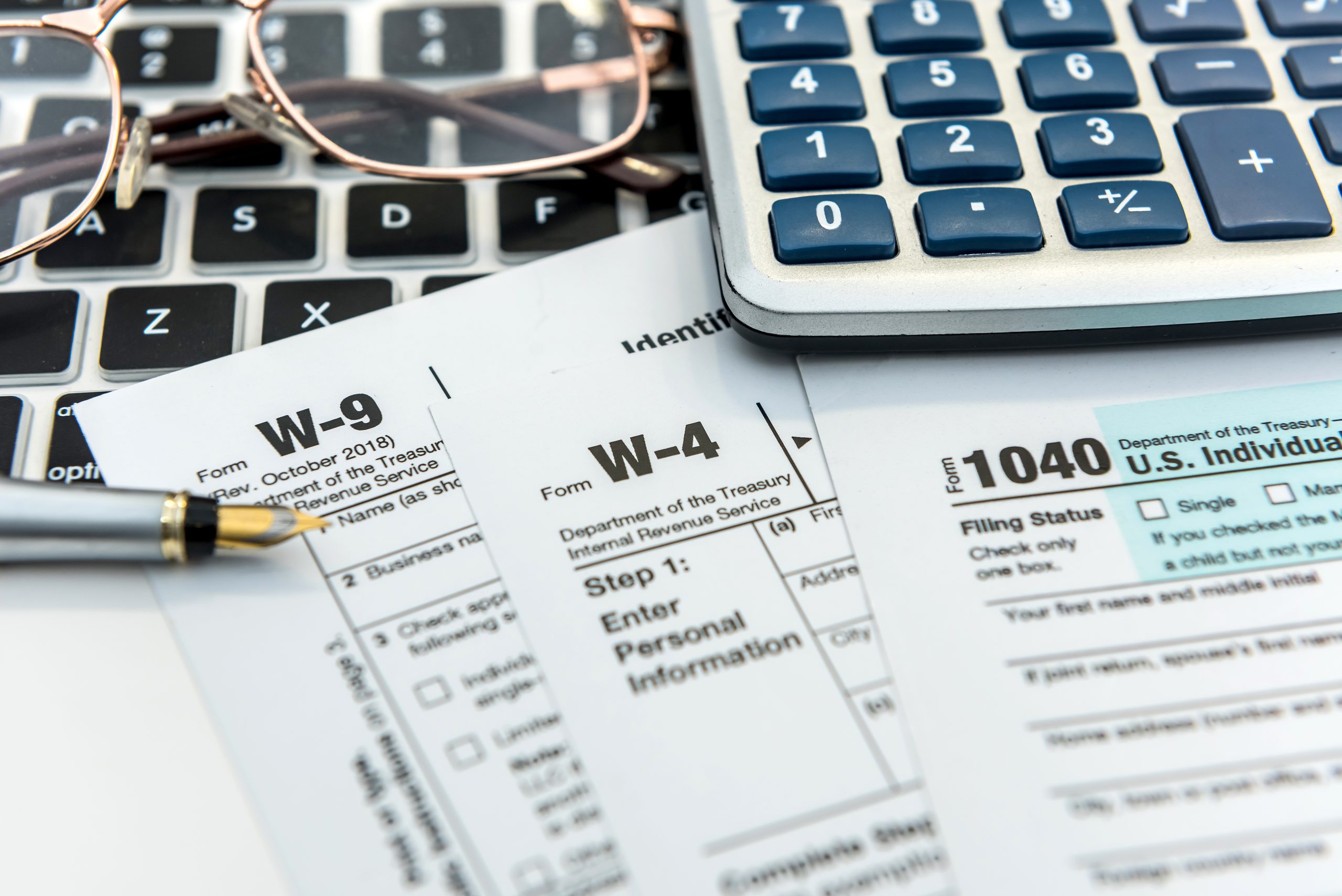
The way in which NYC real estate taxes are calculated can seem complicated at first. The amount you pay will depend on a combination of factors, including the cost of your home, your home’s class, and any exemptions or abatements you have.
For most New Yorkers, real estate taxes correspond with a percentage of their home’s assessed value. The assessed value is determined by city officials, and is usually 6% of your home’s market value. You can check your apartment’s assessed value here.
Your real estate taxes will be 21.045% of your assessed value. This number can go up if the tax rate is changed or if your home’s assessment goes up. It can also fluctuate if you gain or lose an abatement (tax credit) or exemption (lowers the assessed value of your home).
Other Taxes on Your NYC Home
These real estate taxes are not the only taxes you will have to pay on your new home. In NYC, there are several other one-time taxes particularly associated with closing on your purchase.
If your home is worth more than 1 million dollars, it is important to note that these monthly real estate taxes are a separate thing entirely from the mansion tax you pay when you close on your apartment. That tax can range from 1% of your home’s price, to 3.9%, is non-deductible, and is paid one time only. It also does not apply to homes worth less $1 million. Other one time taxes include the real estate transfer tax and the mortgage registration tax.
What if Your Real Estate Taxes are Too High?
If you feel you are paying too much in real estate taxes, then you can try to get your home reassessed.
The assessed value can sometimes misrepresent the actual value of your home, since it is modeled after the market rate of homes similar to yours. If there is something that an assessor might not realize that you feel lowers the value of your home, you can bring it to their attention during your reassessment.
Another way to lower your real estate taxes is by applying for exemptions and abatements. These tax breaks can offer qualifying New Yorkers thousands of dollars in relief. Check to see if any exemptions or abatements apply to you or your home here.
How Monthly Carrying Costs Impact You

As you begin searching for a home in NYC, monthly carrying costs like maintenance fees, common charges, and real estate taxes are just one of the many factors you will have to balance.
Co-op or Condo?
When deciding between a condo and a co-op, common charges vs maintenance fees are not the only difference to consider.
Co-ops tend to have more difficult application processes, as well as more rules and regulations once you move into your apartment. Since you only own shares in a co-op, not the actual apartment unit itself, you have less freedom to use your home however you would like.
On the other hand, condos allow you more freedom at a higher price. Condos are more expensive on average than co-ops, but that added cost comes with a lot of bonuses. When you buy a condo, you are purchasing the apartment itself, so you can use it however you would like (within reason). Condo owners also tend to enjoy more amenities.
When searching for your new apartment, keep these differences in mind.
Buy Now or Wait?
Once you know the kind of apartment you want, you should think about when it will be the right time to buy. Pay attention to the NYC housing market. Things like lending interest rates, inflation, and market stability can impact your timing for buying a home. You can keep up to date on all of this information by reading New Dev Rev.
Contact a NewDevRev real estate expert to help you decide if now is the right time for you to buy!
- Categories:
